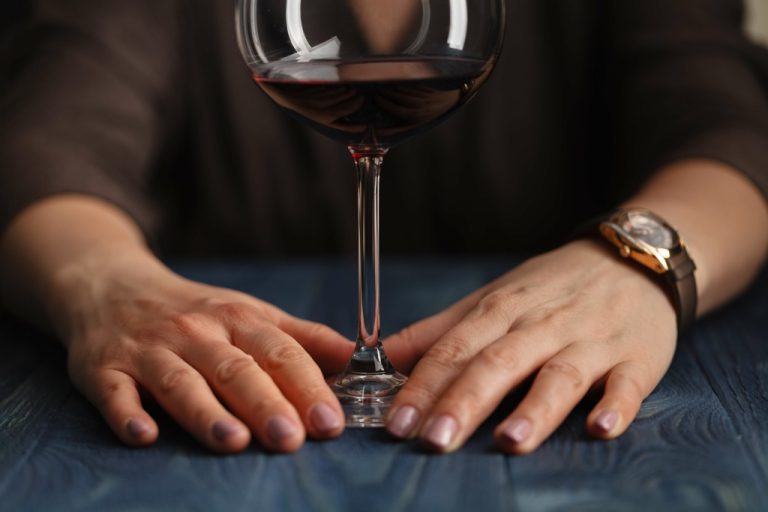Snacks such as peanuts, roasted nuts, and chips add to indirect weight gain, as calories from both the alcohol and the snacks get compounded, said Chaturvedi. As a result of their findings, the researchers concluded that heavy drinking should be part of the discussion when it comes to talking about healthy eating and weight loss. Moderate alcohol consumption shouldn’t cause any significant weight gain as long as you do everything else right.

Crouse and Grundy [48] looked at the effect of adding 630 kcal/day of alcohol to the diets of 12 men in a metabolic unit. There were no significant changes in weight for normal weight participants over the four-week intervention study. They however noted that about half of the obese participants gained weight, with the largest weight gain being 1.8 kg [48].
juice may contribute to weight gain
Finally, relying solely on detox water—or any single product, ingredient, food, or lifestyle habit)—for weight loss is insufficient. A balanced and nutrient-rich diet, regular exercise, and healthy lifestyle choices are essential for sustainable weight loss. Fluid loss occurs regularly as part of bodily functions like sweating, breathing, and using the bathroom. To support your overall wellness and goals like weight loss, it’s essential to replenish these fluids. For some people, alcoholic beverages contribute a significant number of calories to the total amount that they consume each day.
Rather, it is a detailed combination of genetic markers and environmental precursors. There is a hereditary role in developing alcohol dependence, but an alcohol addiction gene has never been isolated. Having a parent who is an alcoholic makes you four times more likely to be one yourself, per the American Academy of Child and Adolescent Psychiatry.Environmental factors are part of the mix, too. Growing up in a household where alcohol is prevalent increases your risk of alcoholism.
Factors That Influence Water Intake
This means you will most likely store those additional calories as fat while your body is trying to clear the byproducts of alcohol calories (3). As well as the result of passing your tipping point, research shows that poor sleep quality following binge drinking significantly affects weight. A recent research survey reported that the average tipping point – the point at which people go on to make poor choices with food and alcohol – is 9.3 units of alcohol. This is equivalent to only 3.7 pints of beer or 3.1 large glasses of wine. When people discuss alcohol’s effect on weight, they typically refer to the calories in alcohol as the leading cause of weight gain.
If you’re eating junk food, those carbohydrates will also hold onto water, making you gain even more weight. But once you go back to eating right and exercising, you should be able to flush out that water weight quickly. If consuming alcohol does liquor make you gain weight in the evening, do so at least 3 hours before going to bed. This will allow your body enough time to metabolize the alcohol properly. Then you should be able to avoid poor sleep quality as your body can achieve a night of deep sleep.
Men Have a Higher Risk Than Women
Alcohol has sedative effects that may help you relax and make you sleepy after a drink. Still, research has linked excess alcohol use to poor sleep duration and quality. People with alcohol use disorder (AUD) have a higher insomnia risk than others.

To prevent alcohol poisoning and possible death your liver focuses all its energy on metabolizing, or breaking down, the alcohol into non-toxic components. Still, an estimated 42% of Americans are obese, and 60% of Americans say they drink alcohol. Now, not all Americans who drink alcohol are obese, and not all obese Americans drink.